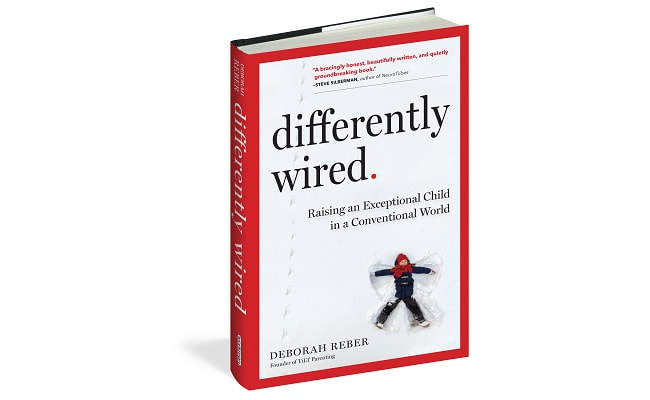How to write with ADHDBy Chris Zeigler Dendy, M.S.
www.additude.com Half of all kids with ADHD struggle with writing, which can make every assignment — from straightforward worksheets to full-length essays — feel like torture. Boost your child’s skills with these strategies for school and home. Studies suggest that more than half of children with ADHD struggle with writing. These students may have an overflow of creative ideas, but often struggle when it comes to getting these ideas onto paper. Children with ADHD have a hard time getting started — and following through — on writing assignments because they have difficulty picking essay topics, locating appropriate resources, holding and manipulating information in their memory, organizing and sequencing the material, and getting it down on paper — all before they forget what they wanted to say. But these hurdles don’t have to stop them from writing. Discuss the following ADHD writing strategies with your child’s teacher so you can work together to ease the difficulties attention deficit children have with writing. Solutions in the Classroom: Guide the Writing Process:
If the student is still struggling to get started, help him by sitting down and talking about the assignment with him. Review his notes from the brainstorming session and ask, “What are some ways you could write the first sentence?” If he doesn’t have an answer, say, “Here’s an idea. How would you write that in your own words?”
Solutions at Home:
High-Tech Writing Helpers for Kids with ADHD - Portable word processor These battery-operated devices look like a computer keyboard with a small calculator screen. Lightweight and durable, portable word processors can be used at school for note-taking and writing assignments. Back home, files can be transferred to a PC or Mac. Basic models cost about $20. Speech-recognition software Also called speech-to-text software, these programs allow students to read aloud into a microphone and see their words appear on a computer screen. Good programs include Dragon Naturally Speaking, for PCs and Dragon Nuance, for Macs. Read more by Chris Zeigler Dendy, M.S. on additude.com |
Photo by picjumbo.com
|
The material on our website is provided for educational purposes only. Your use of our website is governed by our Privacy Policy and Disclaimer. We are a not-for-profit organisation that can provide you with ongoing support in your ADHD journey. However, we do not provide medical advice, assessment, diagnosis, or treatment. Your GP can recommend a suitable healthcare professional to you.




